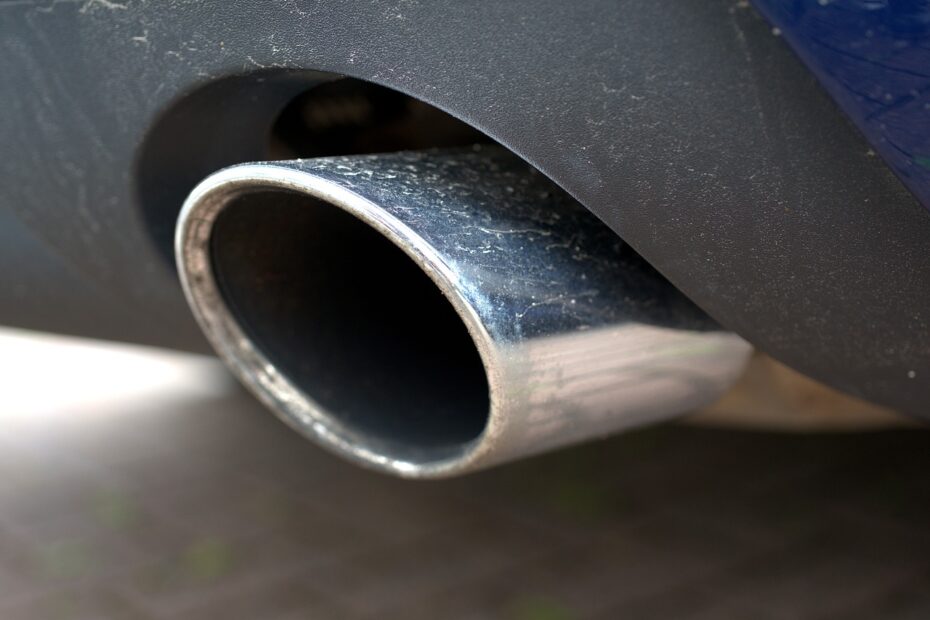In the middle of the last decade, the issue of climate change began to merge with claims that air pollution in cities had created a public health crisis. The public had shown little appetite for climate policies that would restrict their mobility and likely price them off the road and this was creating an impasse. But stories about ‘toxic air’ created a more urgent basis for exactly the same policies to drive behaviour change. If global warming hadn’t caused right-thinking people to give up their cars, then perhaps air pollution would. The agenda was advanced under the Covid-19 lockdowns, when the UK government began making grants available to local authorities to restrict private vehicle access to residential areas, such as Low Traffic Neighbourhood schemes (LTNs), and to promote ‘Active Travel’, the hope being that as lockdowns were eased, the public would settle into new lifestyles.
Following trials of these schemes, and urged on by offers of funding for the greening of local transport infrastructure by central Government, several cities announced an expansion of the policies. Central to these initiatives have been Clean Air Zones (CAZ), and ‘fifteen minute cities’, which threaten to divide cities into a number of districts, the internal borders of which will be subject to traffic restrictions. These policies, claim local authorities, will reduce air pollution and congestion in city centres, by forcing intra-city traffic out of the cities, around ring roads, and back in through main routes. Critics argue, among other things, that anti-car agendas have exceeded local authorities’ democratic mandates, and that cross-party cooperation on the agenda has created a democratic deficit. Local authorities have responded by calling critics ‘conspiracy theorists’ and even ‘far right’, and claiming that criticism show insufficient concern for the many people, including children, whose lives are seemingly cut short by air pollution.
But just as with climate change, claims about air pollution are often not as grounded in good science as policy advocates claim. So we at Climate Debate UK teamed up with the Together Declaration to investigate the scientific claims underpinning this new green policy agenda. We have produced three reports, which we hope will help to better inform public discussion about air pollution.
Is there an ‘air pollution crisis’ in UK cities?
Our first and largest of the reports examines the historical record of air pollution and mortality data, and investigates the method used to produce estimates of the statistical link between them, and how this estimate has been used in public debates. The method, produced by the UK government’s Committee on the Medical Effects of Air Pollutants (COMEAP) superficially allows an evaluation of air pollution-reduction policies in terms of mortality risk. But this method is not uncontroversial, even within COMEAP itself. A number of the experts involved with the report reject its findings, and many pages of the report, which is far from unequivocal, are given over to discussion about the debate between minority and majority factions within COMEAP itself.
At the centre of the controversy is the implication that air pollution can be causally-linked to mortality. COMEAP do not make this claim, and it was the finding of the majority that there is a risk that presenting mortality risk in terms of ‘deaths’ in turn risks ‘misleading the public’. Whereas a ‘death’ is understood by most people as the end of a life, mortality estimates are ‘statistical constructs’ which bear no resemblance to deaths. A statistical ‘death’ is ‘equivalent to’ a hypothetical shortening of life. But life expectancy has been increasing in the UK at a rate far greater than the effect of air pollution has been shortening it. Accordingly, we show that, though COMEAP seemingly provides a statistical basis for arguments for the reduction of air pollution, the benefits that could be produced by even the total elimination of air pollution are trivial. Britain’s poorest people would benefit far more from changes in their economic circumstances — the issue that used to be at the centre of democratic politics.
Reply to Shirley Rodrigues & Imperial College’s Environmental Research Group Report on ULEZ
Our second report looks at work produced by the Environmental Research Group (ERG) at Imperial College London, which was commissioned by the Mayor to produce an evaluation of his air pollution policies, based on COMEAP’s methodology. The ERG is the source of the claim that 4,000 Londoners lives are lost due to air pollution each year.
Though ERG are more cautious in their use of mortality risk statistics, they fail to properly convey to the public the important scientific debate that exists. This omission misleads London Deputy Mayor for Transport and Energy Shirley Rodrigues, to misunderstand the science, and to in turn mislead the public in her response to critics of the Mayor’s policies. She presents the ERG’s report as solid scientific investigation, not as COMEAP reported: contested and ambiguous scientific terminology, which required ‘caveats and uncertainties to be communicated clearly’ to avoid ‘misleading the public’.
Evaluation of the Inner London ULEZ ‘One Year Report’
The third report examines the London Mayor’s office’s self-evaluation of London’s Ultra Low Emissions Zone (ULEZ) and its expansion. The Mayor claims great success for the policy that restricts older cars from inner and central London, and to argue for its expansion in Summer 2023 to cover the entire of Greater London. However, we show that the data on which the Mayor’s claims simply do not exist, and have been invented by statistical methods. Moreover, the limited data recording of roadside air pollution which preceded the ULEZ policy that does exist cannot be representative of the region in question, and that this introduces significant error into the Mayor’s analysis.
For an overview of these reports, please see Climate Debate co-founder Ben Pile’s article at the Daily Sceptic.
